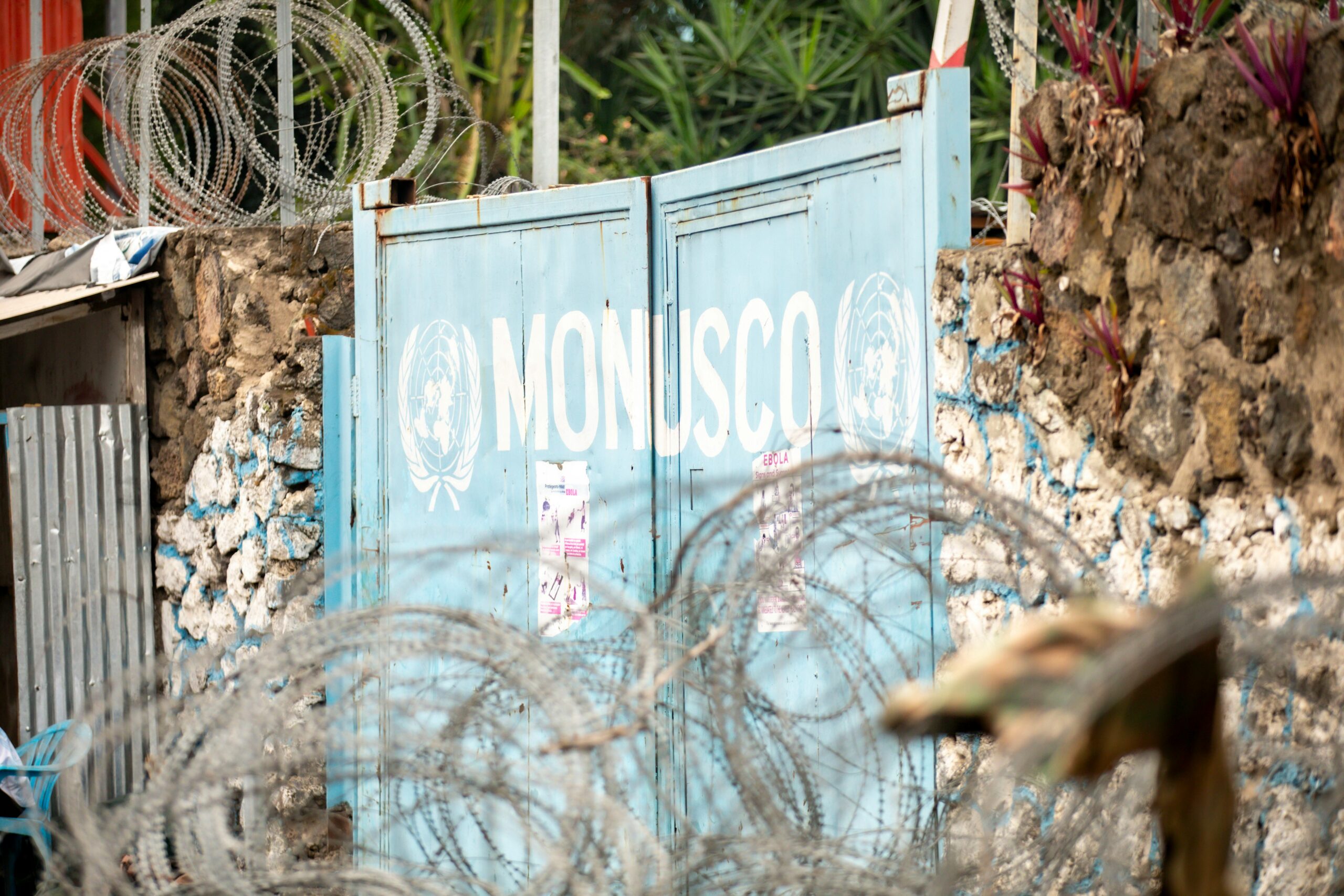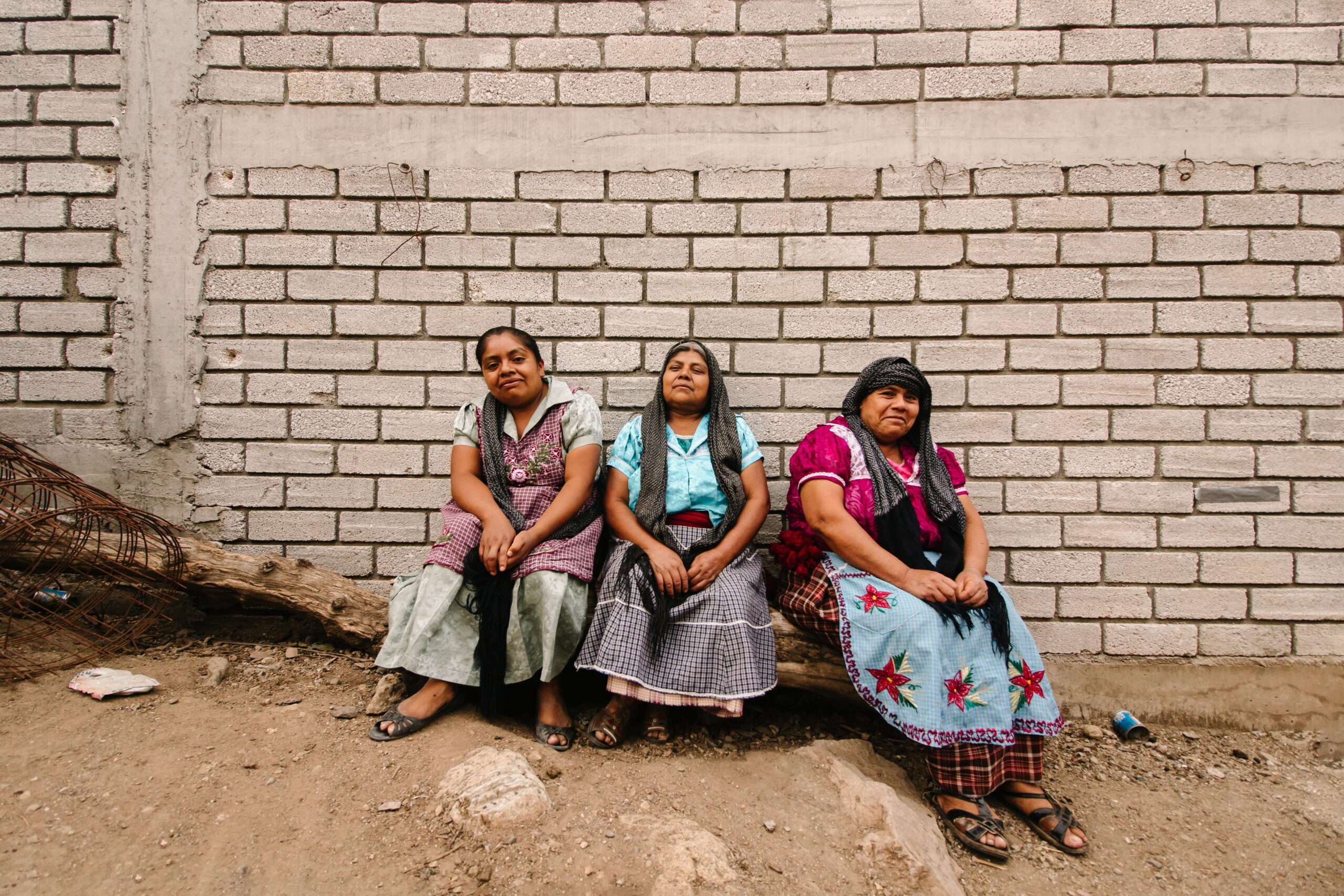Unequal Paths of Migration
By Julia Alaimo Diaz
I fly, and she walks: why can some people cross borders freely while others face major obstacles for the same journey? In this blog, I argue that migratory experiences are not simply about moving from one place to another, they are shaped by intersecting systems of power and privilege. Our ability to move is determined by who we are: our nationality, race, gender, and economic status. Through my experience and that of Maria[1], a Haitian woman I met in Mexico, I explore how identity and power relations define who is allowed to migrate safely and with dignity, and who is not.
Human migration is a phenomenon as old as humanity, yet access to mobility remains highly unequal. I have migrated several times: within Argentina for college, to New Zealand for an academic exchange, to Mexico to fulfill my dream of working in the humanitarian sector and to Spain to pursue a Master’s degree. Each of these moves was relatively smooth, facilitated by my valid passport, financial means, and prior knowledge of the destinations. I even felt welcomed in those new locations.
It did not feel the same for Maria, whom I met at a migrant shelter in Monterrey, Mexico. We were both migrant women in the same city, but our paths were very different. I arrived on a “tiring” 10-hour flight. Maria’s journey took more than 3 months, starting in Brazil and crossing the Amazon, the Darien Gap, and seven countries. She needed a visa to enter the country, so irregular and perilous routes were her only option. She could travel only with one of her four children, navigating physical danger, hunger, and constant fear.
Intersectionality in migration
Every day, I wonder why, if we were both migrant women from countries in the Global South, our experiences were so different. I found an answer in the concept of intersectionality, coined by Kimberlé Crenshaw in the late 1980s, which helps us understand how different aspects of a person’s identity, such as race, gender, class, and nationality, interact to shape unique experiences of discrimination or privilege. As Sumi Cho, Kimberlé Crenshaw and Leslie McCall argue, these identity categories are not isolated; rather, they form a complex nexus that must be analyzed together (p. 787). In the context of migration, these interconnected systems of domination and oppression reveal how seemingly similar individuals can face vastly different realities.
Maria is not just a migrant woman. She is a Black woman, Haitian, with low purchasing power, a mother of four children, and a Creole speaker. Maria’s identity comprises all these interwoven categories. These overlapping identities and markers of oppression expose her to a complex web of structural violence that I, as a Latina with an Italian passport, can avoid.
Situating ourselves: The politics of location
I am a Latina woman born in Argentina, but I hold European citizenship. I am privileged. My Italian passport means I can enter countries freely, without constant fear of deportation. My body and identity are not marked in the same way as Maria’s. While I fly, she walks, carrying the weight of a Black Haitian woman’s history, shaped by slavery, colonialism, and systemic violence.
Adrienne Rich introduces the concept of the “politics of location” (p. 215) to examine how power and privilege are embedded in our social realities. This concept urges us to consider how our social positions, identities, and the privileges attached to them shape how we perceive and engage with the world. Rich reminds us that identity is never neutral; it is intricately tied to geography, history, and systems of power. In this sense, acknowledging our positionality becomes crucial, particularly when discussing human migration, since geography and nationality profoundly shape our experiences and opportunities.
Power permeates every dimension of migration. Migration policies are far from neutral; they reproduce global hierarchies grounded in histories of colonialism, racism, and capitalism. Maria’s struggles are not isolated misfortunes, but rather the result of institutional frameworks that label her body as “risky,” “illegal,” or “undesirable.” In contrast, my freedom of movement is not incidental, it is granted by the very systems that render her journey perilous.
A final thought
As someone who benefits from these structures, I bear a responsibility, not only to recognize my privilege, but to actively challenge the mechanisms that sustain such profound inequalities. Borders should not function as tools that reward or punish based on arbitrary markers of race, nationality, or wealth.
Borders don’t treat all bodies equally. I am allowed to pass; she is punished for trying. My passport, my skin, my language, my education open doors; hers are shut. Migration should not be a privilege reserved for a few. Feminists, migrants, or simply people committed to justice, we have a responsibility: to trace the origins of the lines that divide us and work to dismantle them.
Cover photography: Jeanson Wong
[1] To protect the identity of the subject, the name “Maria” is used throughout this essay.





Leave a Reply